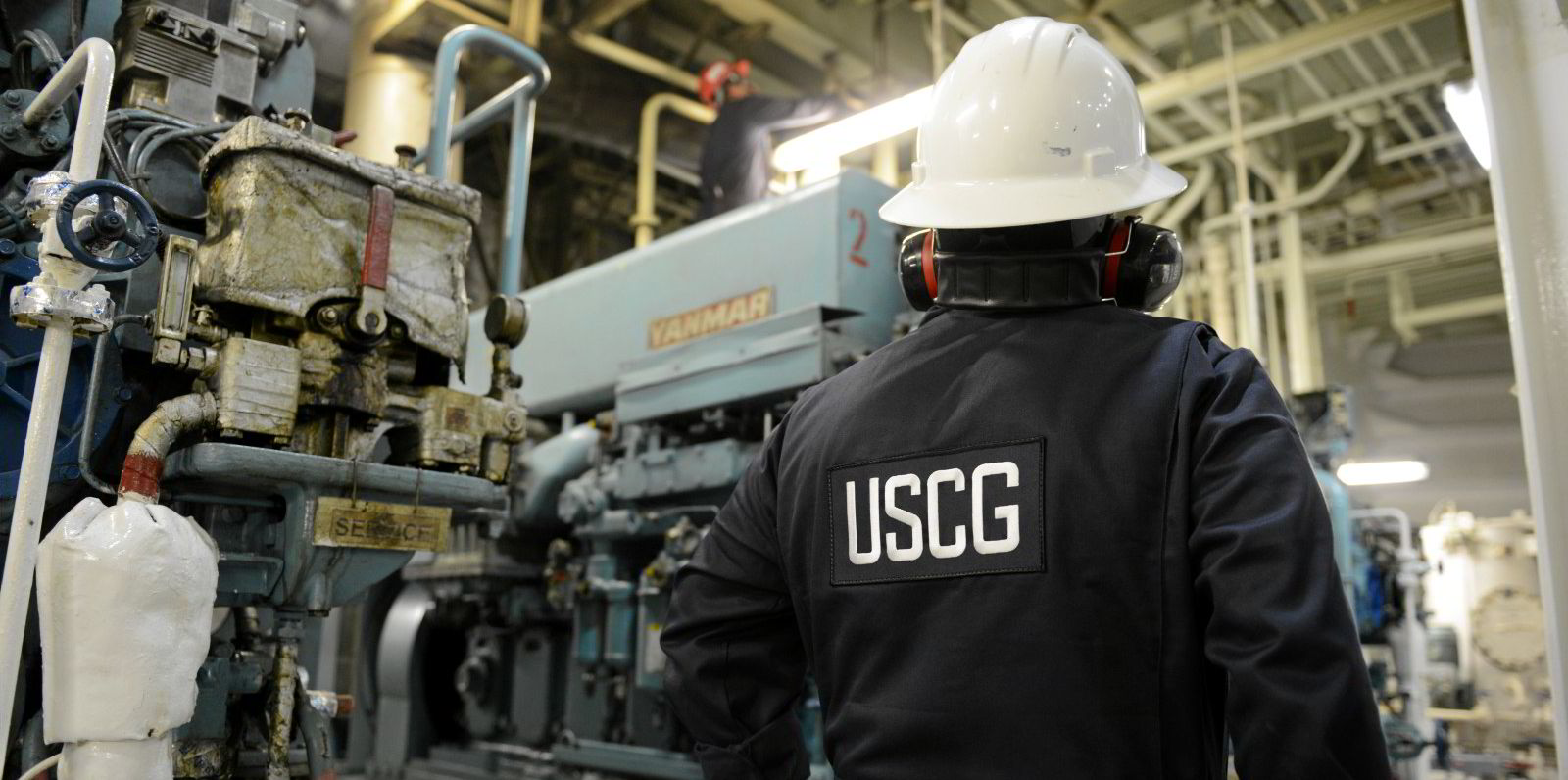A US federal judge has put an end to a lawsuit by three seafarers alleging false imprisonment and other claims against the US government over their detention during a pollution investigation.
Chief US district judge Jon Levy issued a summary judgment in favour of the federal government on all claims in the lawsuit by three mariners who were held in the state of Maine during an investigation and subsequent prosecution of their employer.
The case has served as a key test of the government’s power to hold seafarers as witnesses during prosecutions of suspected oil dumping and other forms of pollution from ships, usually under recordkeeping rules of the Act to Prevent Pollution from Ships.
And Levy, the top judge for the US District of Maine, ruled in favour of that power in all the claims by the three seafarers, issuing a summary judgment even before a trial was held.
As TradeWinds have reported, Jaroslav Hornof, Damir Kordic and Lucas Zak worked on MST Mineralien Schiffahrt Spedition und Transport’s 27,700-dwt slurry carrier Marguerita (built 2016) when it was detained in Maine in 2017 on suspicion of dumping oily bilge water and using a “magic pipe” to bypass pollution prevention equipment.
MST ultimately pleaded guilty in 2018 and was fined $3.2m.
The men claimed that their detention as witnesses during the case amounted to false arrest, false imprisonment, abuse of process and intentional infliction of emotional distress.
But Levy ruled that when the seafarers’ landing permits were revoked, for example, it did not amount to false imprisonment or false arrest.
“The plaintiffs have not demonstrated that immigration officials lacked authority to revoke their permits or remand them to their vessel and, therefore, cannot satisfy an essential element of their false arrest and imprisonment claims.” the judge wrote.
“Furthermore, the plaintiffs have not satisfied the threshold determination of a false arrest and imprisonment claim under state law: that they were confined by unauthorized force, threat, or by boundaries created by immigration officials.”
In the US federal courts, summary judgment decides the case without the need for a trial. After one side makes a motion for summary judgment, the judge decides whether the undisputed facts of the case, viewed in the light most favourable to the other party, is enough to come to a decision based on the law alone.
And the judge ruled that their detention onboard the ship was not unreasonable or unnecessarily prolonged, and their subsequent onshore parole was also lawful.
Levy also found that a magistrate judge’s decision to issue a warrant for the seafarers’ arrest when they wanted to go home to the Czech Republic and Slovakia, despite a federal agent’s failure to mention in an affidavit seeking their arrest that they were willing to return to testify.
“That is not to say that all noncitizens with critical testimony to a criminal investigation, present in the United States, could be subject to an arrest warrant solely because of the remote potential that they might one day depart,” the judge said.
“Under the circumstances presented here, however, the combination of the plaintiffs’ foreign citizenship, their expressed desire to leave the country, their lack of connection to the United States, and their attempts to terminate their parole and request their passports under the agreement, if fully detailed in the affidavits, was more than sufficient to support a finding of impracticability—and a probable cause finding therefrom.”

Levy ruled that the agent’s omissions did not amount to an abuse of process, because his affidavit seeking arrest was for no other purpose than to hold the men as material witnesses.
He also shot down the claim for emotional distress.
“It was no doubt distressing and a significant hardship on the plaintiffs to have been detained on board the vessel for nine days, and then be subject to parole and monitoring in the District of Maine without any firm indication as to when they would be allowed to depart the United States,” the judge wrote.
“However, there is no factual basis in the summary judgment record supporting a finding that the Government’s conduct was “extreme and outrageous” and “exceed[ed] all possible bounds of decency.”
Edward MacColl, the lawyer at Maine firm Thompson, MacColl & Bass representing the three seafarers, could not be immediately reached for comment on the decision.
If the men appeal, the case would go to the Boston-based Court of Appeals for the First Circuit.





